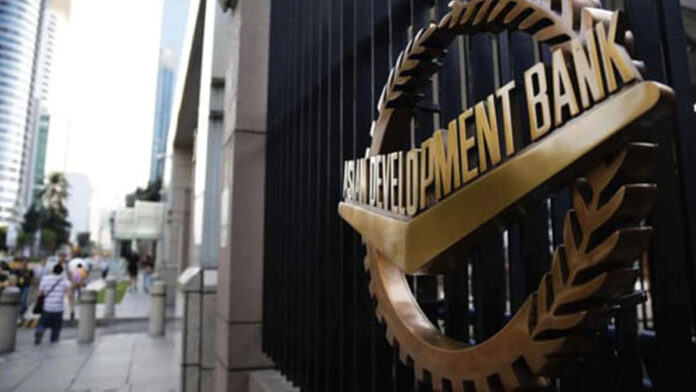The Asian Development Bank (ADB) has approved a loan of $300 million for the development of Pakistan’s capital markets, promotion of private investment, and helping mobilize domestic resources to finance sustainable growth in the country.
The second function of the crises lender’s Third Capital Market Development Program builds on institutional and regulatory reforms put in place under the first subprogram approved in 2020. It is also aimed at catalyzing the institutional investor demand and increasing the range of alternative financial instruments such as derivatives and commodity futures that are available to investors.
ADB’s Director General for Central and West Asia, Yevgeniy Zhukov, remarked, “For several years ADB has been Pakistan’s lead development partner in supporting the evolution of its capital markets”.
“By making the country’s capital markets more robust and strengthening government debt management, this new program will also help to mobilize more domestic resources which support the government’s efforts to finance sustainable growth and respond effectively to crises,” he added.
Pakistan’s finance sector is led mainly by banks, and its inability to handle financial shocks and periods of uncertainty is exacerbated by this lack of diversity. Furthermore, the Pakistan Stock Exchange lacks depth in terms of the number of investors that use it and the number of companies that raise capital, whereas the bond market is practically dominated by government borrowing.
For this reason, the ADB’s initiative encourages policy changes that will improve market stability and attract investor capital to Pakistan. These include structural improvements within Pakistan’s Securities and Exchange Commission to increase governance and regulatory capabilities. It supports initiatives that will strengthen the government debt market and improve market surveillance mechanisms that will allow for the exchange of information. Additionally, the initiative fosters an enabling environment to facilitate access to funding for growth companies and state-owned enterprises.
ADB Economist, Sana Masood, explained, “These reforms will help to mobilize financial resources for productive investment, especially by the private sector, and help facilitate economic growth by developing the bond and equity capital markets”.
She also mentioned that it will “help reduce the cost of financial intermediation and help stabilize systemic vulnerabilities in the bank-dominated finance system”.
The ADB is committed to achieving a prosperous, inclusive, resilient, and sustainable Asia and the Pacific while sustaining its efforts to eradicate extreme poverty. Established in 1966, it is owned by 68 members — 49 of which are from the region.

